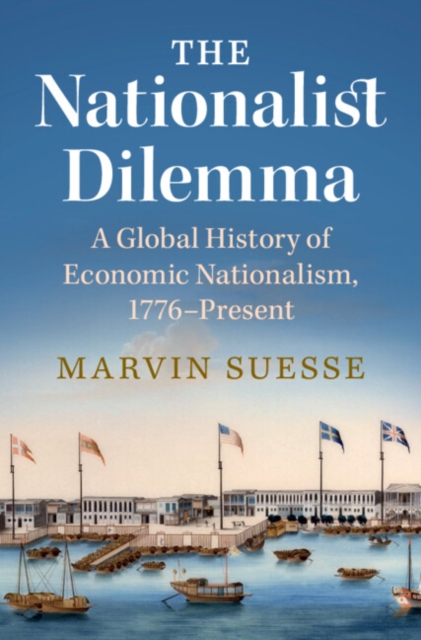Nationalists think about the economy, Marvin Suesse argues, and this thinking matters once nationalists hold political power. Many nationalists seek to limit global exchange, but others prioritise economic development. The potential conflict between these two goals shapes nationalist policy making. Drawing on historical case studies from thirty countries - from the American Revolution to the rise of China - this book paints a broad panorama of economic nationalism over the past 250 years. It explains why such thinking has become influential, despite the internal contradictions and chequered record of many nationalist policy makers. At the root of economic nationalism's appeal is its ability to capitalise upon economic inequality, both domestic and international. These inequalities are reinforced by political factors such as empire building, ethnic conflicts, and financial crises. This has given rise to powerful nationalist movements that have decisively shaped the global exchange of goods, people, and capital.











